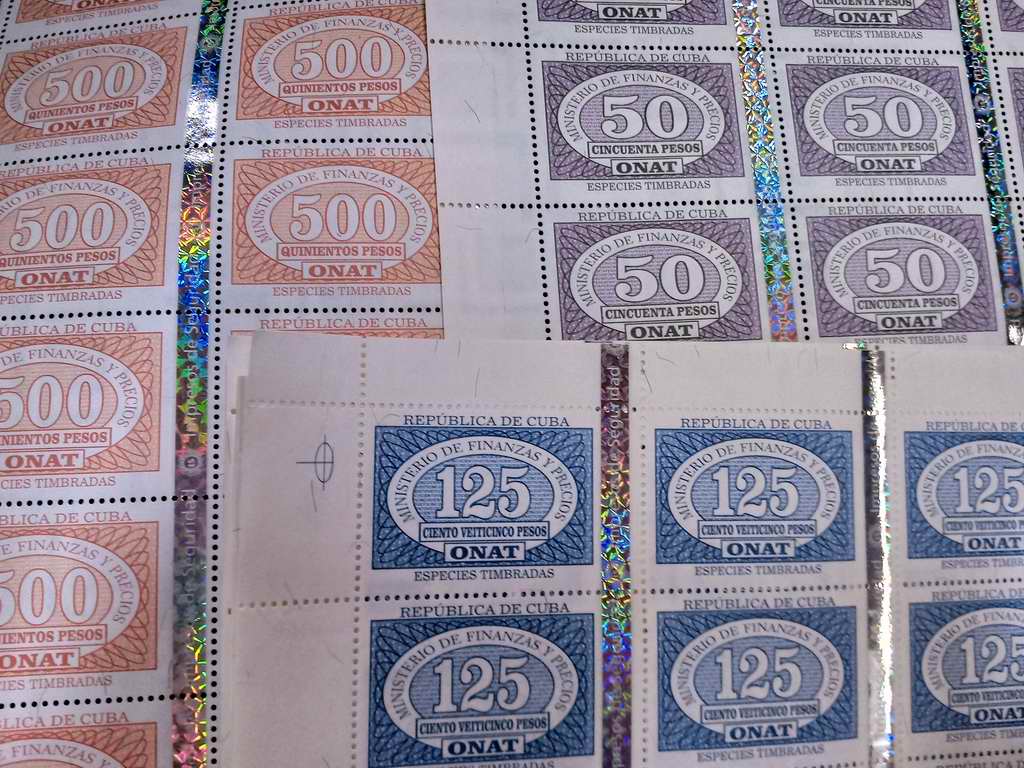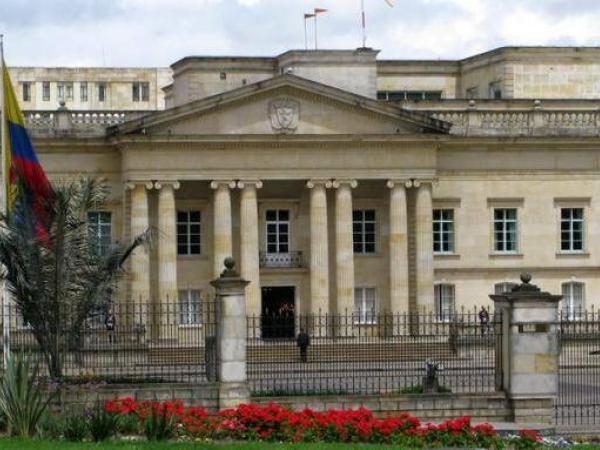The Ministry of Justice (Minjus) of Cuba authorized that natural or legal persons make the payment, in cash or electronically, of the value of the tax on public documents in the notarial and registry services, when they cannot deliver the stamps that accredit the amount of the aforementioned tax in the certifications.
According to the Resolution 685/2022, published in the Extraordinary Official Gazette number 86to replace the stamps, notaries, property registries, commercial registries and specialized law firms attended by the Minjus will leave express proof of payment in the documents with a note evidencing that particular, in accordance with a report of the Cuban News Agency (ACN).
#DigitalTransformation ?? https://t.co/IsWBYtUgRC
— Ministry of Justice of the Republic of Cuba. (@CubaMinjus) December 24, 2022
The provision establishes that for the accreditation of the virtual payment, the registrars, notaries and public officials will access the Portal of the Transfermóvil Platform with the user’s identity document number, where they will cancel the corresponding value and enter the payment code in the authorized document. of the Banking Agency where the operation was carried out.
The reviewed text clarifies that to access said electronic tool there is a link available in the computer equipment of each unit, and when this is not possible, this procedure can be carried out through a mobile phone, as it is a free service.
The Civil Status registries issue certifications without the stamp only to take effect in notaries and specialized law firms attended by the Ministry of Justice, and it is in these units that the tax on the corresponding document is paid, which is expressly stated in Registrar’s note on the certification itself.
This Minjus Resolution has the objective of facilitating and expediting the provision of registry and notarial services, in response to the increase in their demand, and is based “on the advances in the digital transformation strategy of the System of the Ministry of Justice and other institutions”, refers to the note.
In recent months, the lack of stamps for sale in authorized establishments has been noted, a situation that has generated discomfort and criticism in the Cuban population.
Both the Tax Administration Office (Onat) and the Correos de Cuba company recognized at the end of last November that there was a deficit “due to the increase in the completion of procedures by the citizens and state entities of the country.”
Among other factors, such as the processing of registration documents for tax payments for the year by the new players in the private sector of the Cuban economy, the situation coincides with the high demand for stamps for the preparation and extensions of passports, as well as the issuance and legalization of Civil Registry documents, since the entry into force in Spain of the Democratic Memory Law.
The law that would give Spanish nationality to thousands of Cubans enters into force
This law is used by many descendants of Spaniards in Cuba to access the nationality of that European nation, as an option to emigrate in search of better living conditions, in the midst of the economic crisis that the Island is experiencing.
The updating and increase in the costs of carrying out various official procedures and the low availability of high-denomination stamps for sale to the population and state entities have also had an influence.
In those circumstances, it reported that would begin a recirculation of the existing reserves in the different territories, and the realization of a new printing of stamps. In this sense, it transpired that in the month of December “the printing of another seven million stamps will begin, in order to stabilize the sale in all the units of Correos de Cuba, with priority in the main post offices of each municipality”.
In view of the latest measures adopted by the competent bodies, these measures have not been sufficient to satisfy the growing demand.


















